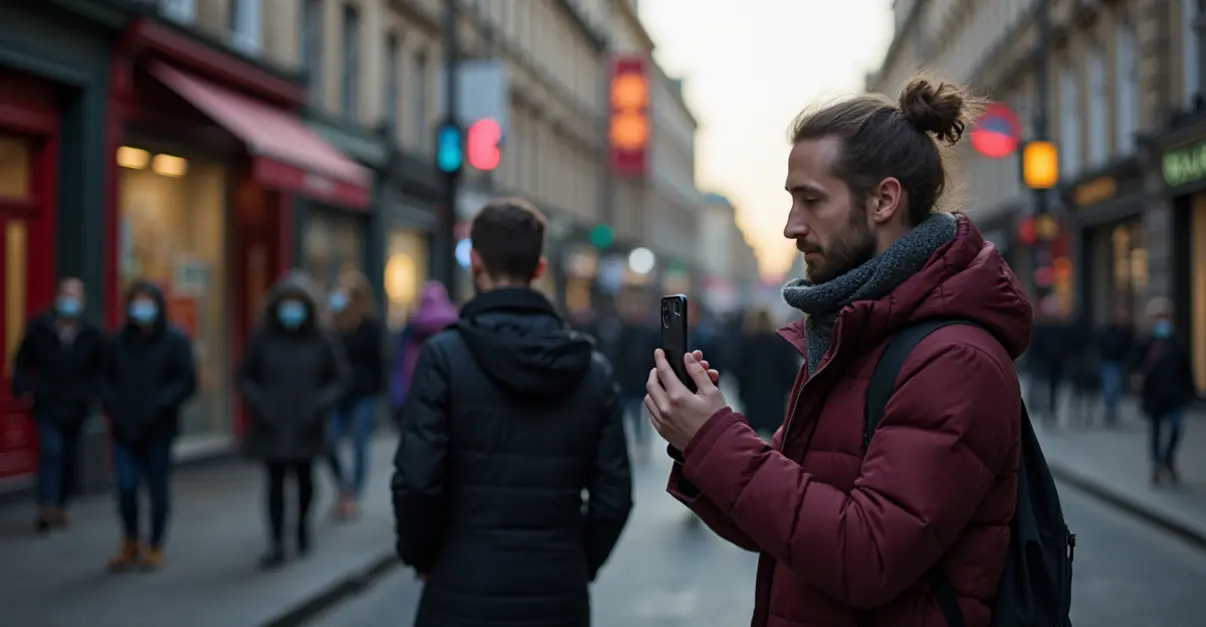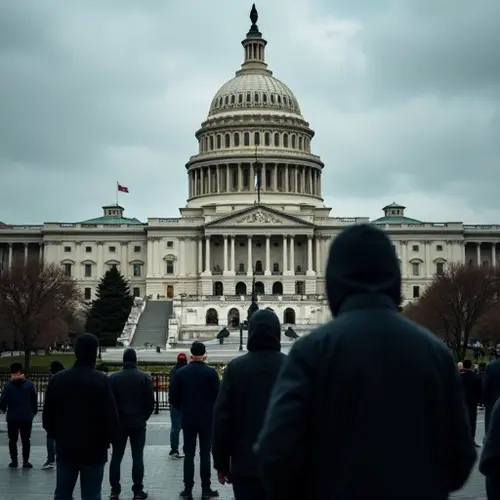TikTok's Global Regulatory Crisis Intensifies
The popular video-sharing platform TikTok is facing unprecedented regulatory challenges worldwide as governments intensify scrutiny over data security, national sovereignty concerns, and platform governance. What began as isolated national security concerns has evolved into a coordinated global movement to regulate the Chinese-owned social media giant.
United States: The Epicenter of TikTok Regulation
The United States has emerged as the primary battleground for TikTok's regulatory future. The Protecting Americans from Foreign Adversary Controlled Applications Act (PAFACA), signed into law in April 2024, represents the most comprehensive legislative action against the platform. The law requires ByteDance to divest TikTok's U.S. operations by January 2025 or face a nationwide ban.
President Donald Trump's administration has taken a different approach, negotiating a $14 billion deal to transfer TikTok's U.S. operations to American investors while implementing temporary extensions to the divestment deadline. 'We're working toward a solution that protects American users while preserving the platform's functionality,' a White House spokesperson stated.
The centerpiece of TikTok's defense strategy has been Project Texas, a $1.5 billion initiative to store U.S. user data on Oracle servers and establish American oversight. However, security experts remain skeptical. 'Project Texas 2.0 is essentially the same failed approach with new branding,' noted cybersecurity analyst Mark Johnson.
European Union: Coordinated Regulatory Response
Across the Atlantic, European institutions have implemented their own restrictions. The European Parliament, European Commission, and European Council have all banned TikTok from official devices, citing data protection concerns under the General Data Protection Regulation (GDPR) framework.
France has taken particularly aggressive measures, expanding restrictions to include other recreational apps on government phones. 'We cannot compromise on the security of our institutions and citizens' data,' declared French Digital Minister Jean-Noël Barrot.
Global Bans and Restrictions Spread
According to recent data, 23 countries have implemented some form of TikTok restriction as of 2025. The bans range from complete nationwide prohibitions to targeted restrictions on government devices.
Australia, the United Kingdom, Canada, Norway, Denmark, and Belgium have all banned TikTok from government-issued devices. These measures reflect growing consensus among Western allies about the potential risks associated with Chinese-owned technology platforms.
In Asia, India's 2020 ban remains in effect, while Taiwan and Bangladesh have implemented their own restrictions. Even Albania has joined the movement, implementing a unique one-year ban focused on youth protection rather than security concerns.
Data Privacy at the Core
The fundamental issue driving these regulatory actions centers on data privacy and potential foreign government access. TikTok's parent company ByteDance operates under China's National Intelligence Law, which requires Chinese companies to assist with national intelligence work.
Despite TikTok's repeated denials of data sharing with the Chinese government, security experts point to the theoretical risk. 'The concern isn't necessarily what has happened, but what could happen under Chinese law,' explained national security expert Dr. Sarah Chen.
Economic and Social Implications
The regulatory crackdown has significant economic consequences. TikTok's potential U.S. ban alone could disrupt a platform used by over 150 million Americans and generate billions in economic activity.
Content creators and small businesses that rely on TikTok for marketing face uncertainty. 'This platform has been essential for reaching new customers and building our brand,' said small business owner Maria Rodriguez. 'A ban would be devastating for many small enterprises.'
Meanwhile, competitors like Instagram Reels and YouTube Shorts stand to benefit from TikTok's regulatory challenges, potentially reshaping the social media landscape.
Future Outlook
The ongoing regulatory battles highlight broader shifts in how governments approach digital platform governance. The TikTok case represents a watershed moment in international technology policy, setting precedents for how nations regulate foreign-owned digital services.
As negotiations continue and legal challenges proceed, the future of TikTok remains uncertain. What is clear is that the era of unregulated social media dominance is ending, replaced by a new framework of national security considerations and data sovereignty requirements.

 Nederlands
Nederlands
 English
English
 Deutsch
Deutsch
 Français
Français
 Español
Español
 Português
Português










